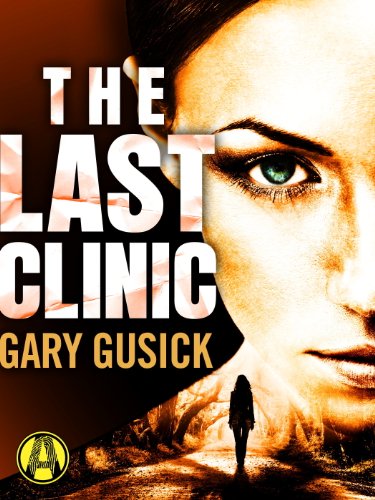
A spare and haunting, wise and beautiful novel about the endurance of the human spirit and the subtle ways individuals reclaim their humanity in a city ravaged by war. In a city under siege, four people whose lives have been upended are ultimately reminded of what it is to be human. From his window, a musician sees twenty-two of his friends and neighbors waiting in a breadline.
Then, in a flash, they are killed by a mortar attack. In an act of defiance, the man picks up his cello and decides to play at the site of the shelling for twenty-two days, honoring their memory. Elsewhere, a young man leaves home to collect drinking water for his family and, in the face of danger, must weigh the value of generosity against selfish survivalism. A third man, older, sets off in search of bread and distraction and instead runs into a long-ago friend who reminds him of the city he thought he had lost, and the man he once was. As both men are drawn into the orbit of cello music, a fourth character—a young woman, a sniper—holds the fate of the cellist in her hands. As she protects him with her life, her own army prepares to challenge the kind of person she has become.
A novel of great intensity and power, and inspired by a true story, The Cellist of Sarajevo poignantly explores how war can change one’s definition of humanity, the effect of music on our emotional endurance, and how a romance with the rituals of daily life can itself be a form of resistance.
My take: 2 looks
Overall, I was very disappointed in this book. A brilliant premise, the story fell flat for me, with poorly conceived characters and rote storylines.
The story is told from the viewpoint of three members of the city. One is responsible for his family, one is responsible for working in a bakery, and one is a sniper for the defenders. The story would have been much deeper if one of the "men on the hill", or the attackers, had been included in this. Both sides of the conflict would have been offered, as opposed to this almost propaganda-ish, one-sided story. Whether you are for one side or the other, there are two sides to each story, and humanity on both sides of the battle.
There is also a measure of outright license taken by the author to call his book "The Cellist of Sarajevo" since this person actually exists. The author is clear and adamant that this is a work of fiction; but there can be no doubt whom the cellist is, and although I'm sure this phrase is not licensed or protected, the author shows (I think) a lack of respect for the person in the title.
With that said, I understand why the view of the cellist is not given, as that would have pushed the envelope too far, especially since the cellist has come out publicly against this book. However, another voice was needed here, as mentioned in the previous paragraph, to balance the story.
Another issue I had with the book was the predictability of it all. Even Arrow's last scene adds to the "and they all lived..." feeling of the book. Why didn't Arrow shoot the commander? Why didn't she shoot the civilian? If she was going to be a fugitive for not obeying orders, why not take out a few of the internal bad guys?
Everyone's internal struggle seemed surface, predictable, and without sympathy from me, the reader. I didn't care what happened to the characters, and even found myself wanting one to be killed in the middle of the story so the author could give the reader a real sense of loss. Instead, he handed me a one-dimensional story and asked me to watch for movement.
Not recommended.

